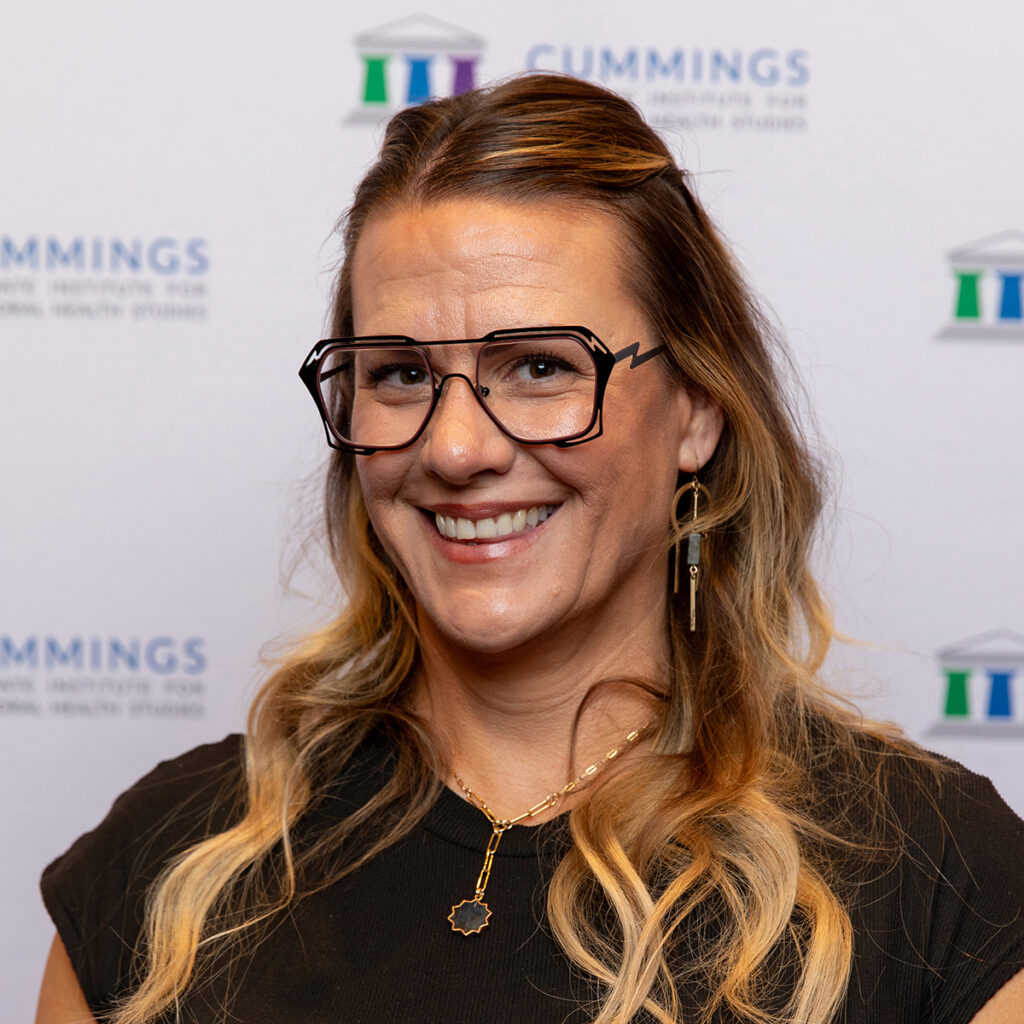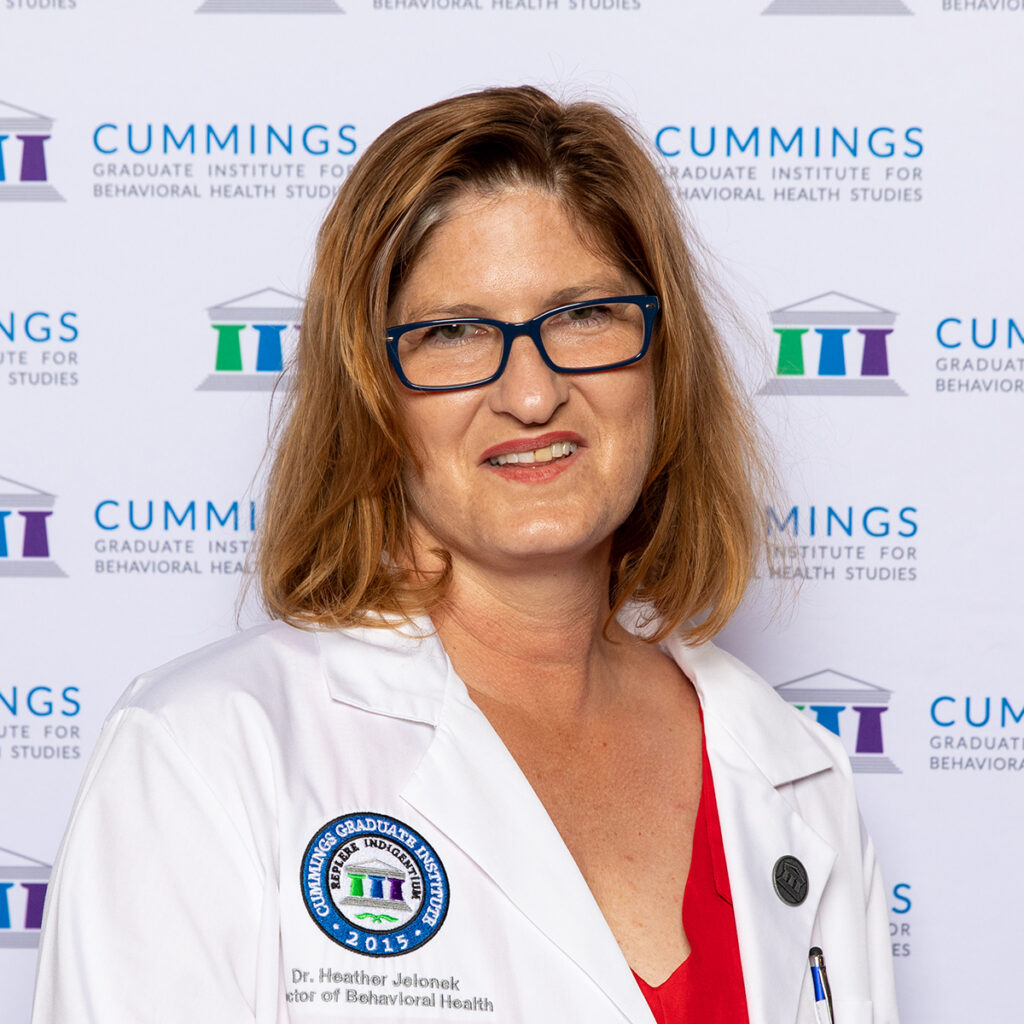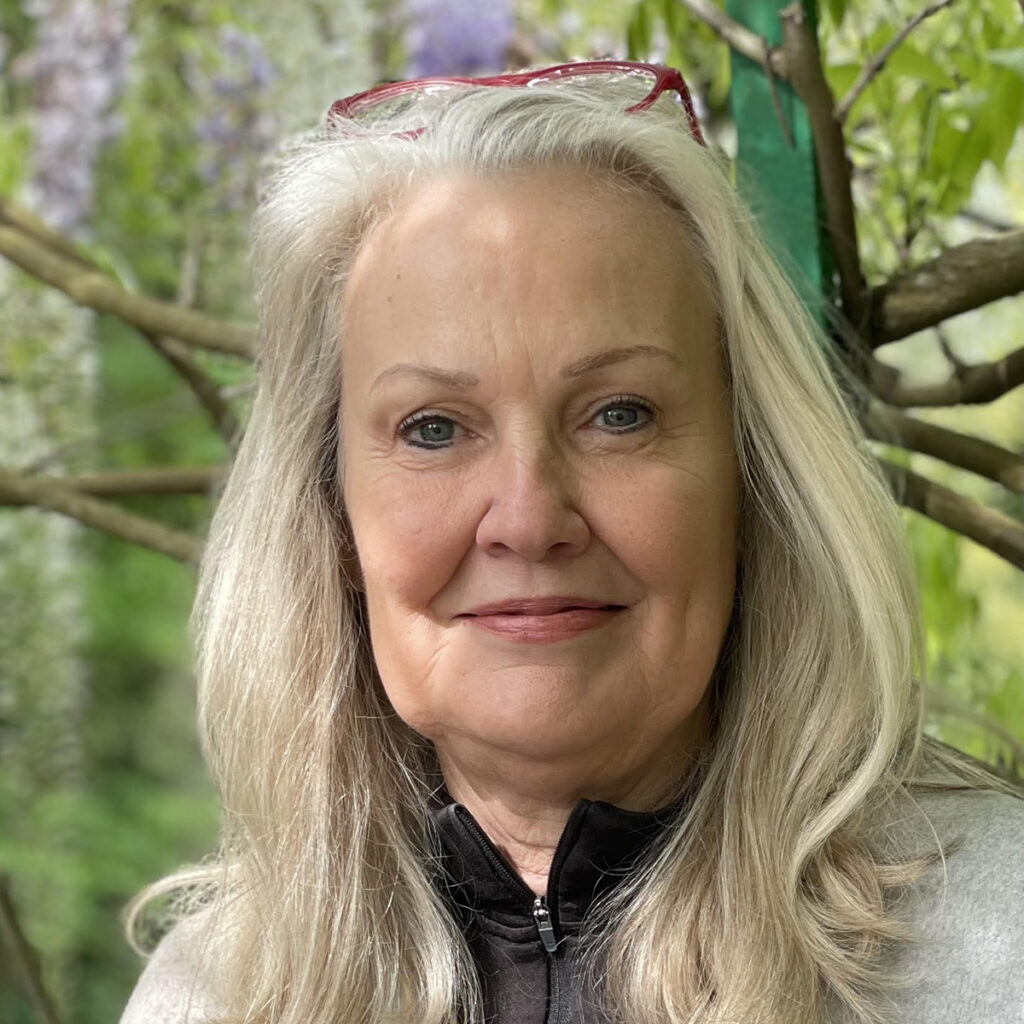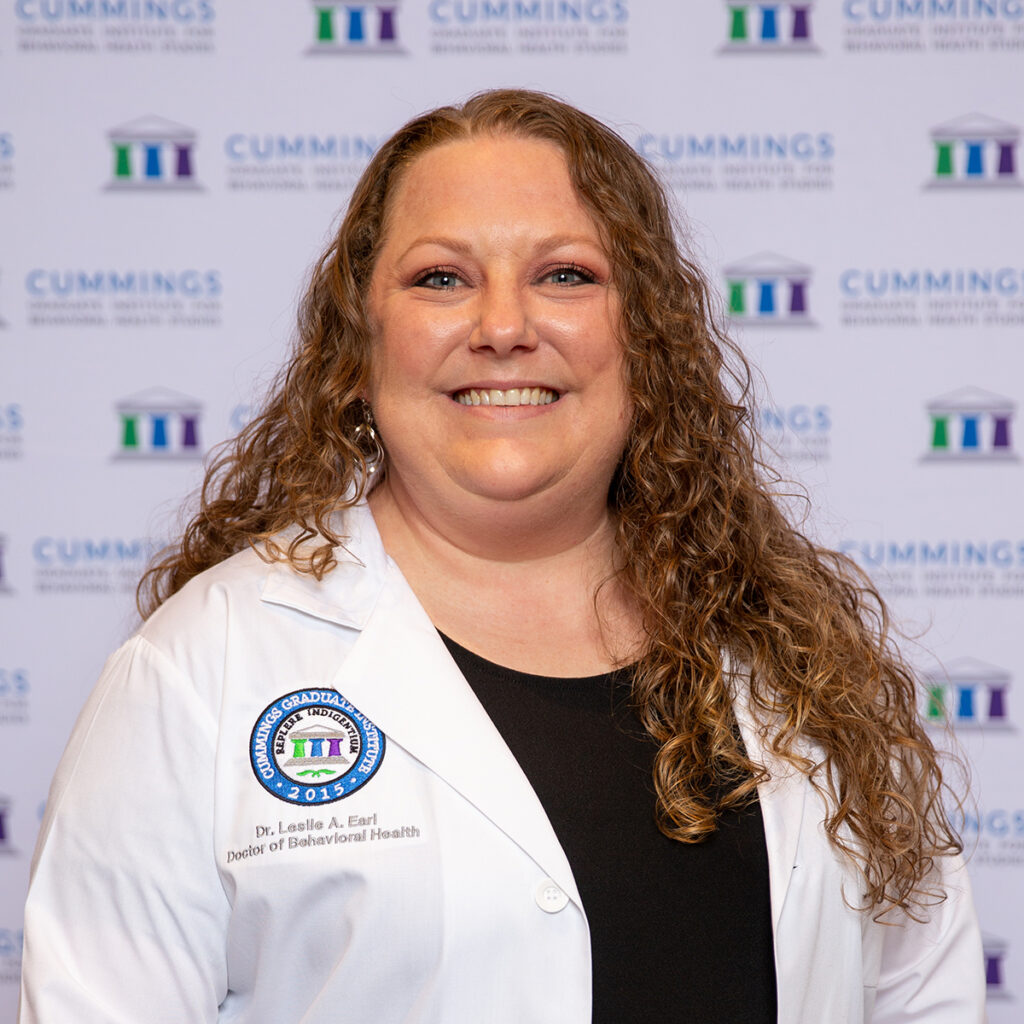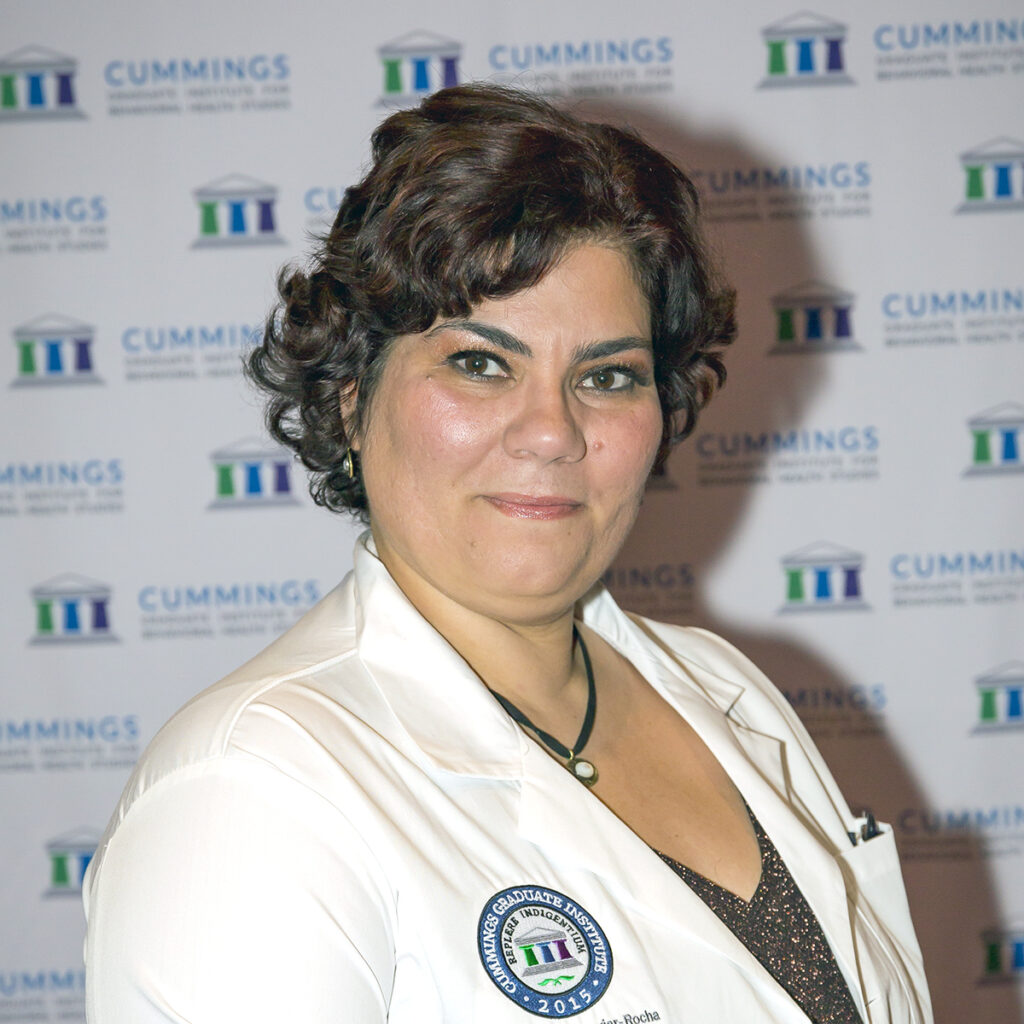Dr. Janet Cummings, Psy. D., is the daughter of Drs. Nicholas and Dorothy Cummings, an internationally-recognized psychologist and a clinical social worker. Determined not to be a mental health professional, she earned a Bachelor’s Degree in Pre-med (with a minor in Genetics/Molecular Biology) and Linguistics (with a Classical Greek minor). She went on to earn a Master’s Degree in Linguistics, with a Psycholinguistics emphasis, before deciding to earn a doctorate in Clinical Psychology from the School of Professional Psychology at Wright State University, which she completed in 1992. During her Bachelor’s and Master’s studies, Janet owned and operated a sewing business and taught English as a Second Language.While at the School of Professional Psychology, Janet participated in an experimental program aimed at preparing students for the possibility of prescription privileges for psychologists. In this experimental program, she took the same Pharmacology and Psychopharmacology classes as students in Wright State University’s medical school. Because of her Pre-med background, she excelled in her Pharmacology studies, as well as in Biological Psychology and Neuranatomy/Neurology.
While at Wright State University, Janet was awarded the university president’s annual President’s Commendation, the first to be earned by a graduate student in psychology. In 2007, she was named Wright State University’s Alumna of the Year.
Janet completed her internship and post-doctoral residency at Arizona Biodyne, and remained as a staff psychologist there for several years. With supervision from some top Biodyne psychotherapists, she became a master psychotherapist and expert in the Biodyne Model. She has continued to utilize the Biodyne Model exclusively in her private practice and other work settings.
Janet has supervised over 60 mental health practitioners, many of whom were involved in faith-based counseling. Under her direction, the faith-based counseling center where she functioned as a supervisor earned a national reputation for excellence in counseling.
In 2010, Janet moved from Scottsdale, Arizona to Reno, Nevada in order to be close to the headquarters of The Nicholas & Dorothy Cummings Foundation, which she has served as its President since its inception in 1995. Under Janet’s direction, The Nicholas & Dorothy Cummings Foundation has sponsored many projects aimed at furthering the integration of behavioral health into primary care medicine, including The Cummings Psyche Award (the premier scientific award in the mental health field, with a $50,000 prize) and the launching of the first Doctor of Behavioral Health (DBH) Program at Arizona State University.
Janet is the author of over two dozen journal articles and book chapters, and she has co-authored or co-edited ten books with her father. She served as adjunct professor at both the University of Nevada, Reno and The Forest Institute of Professional Psychology in Springfield, MO. She was Co-founding Associate Director of the Doctor of Behavioral Health Program at Arizona State University, and served as a Professor and Co-founding Sponsor until 2014 when she decided to move the DBH Program to a different venue. She taught Pathophysiology and Psychopharmacology for the ASU DBH Program, where she received outstanding student ratings and was considered a favorite Professor.
Janet resides in Reno with her two children, Mary and Kent. Of the many jobs that Janet has held, she considers motherhood to be the most important and the most rewarding.

